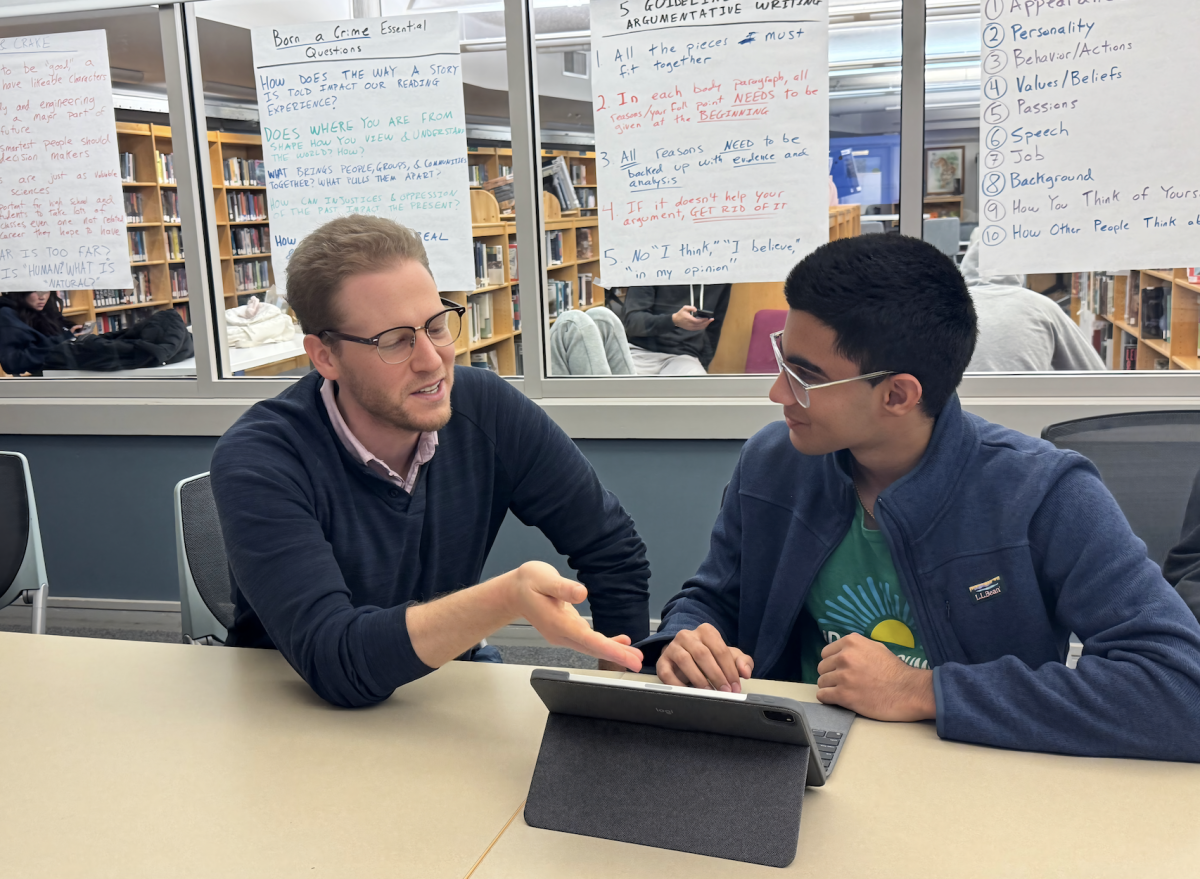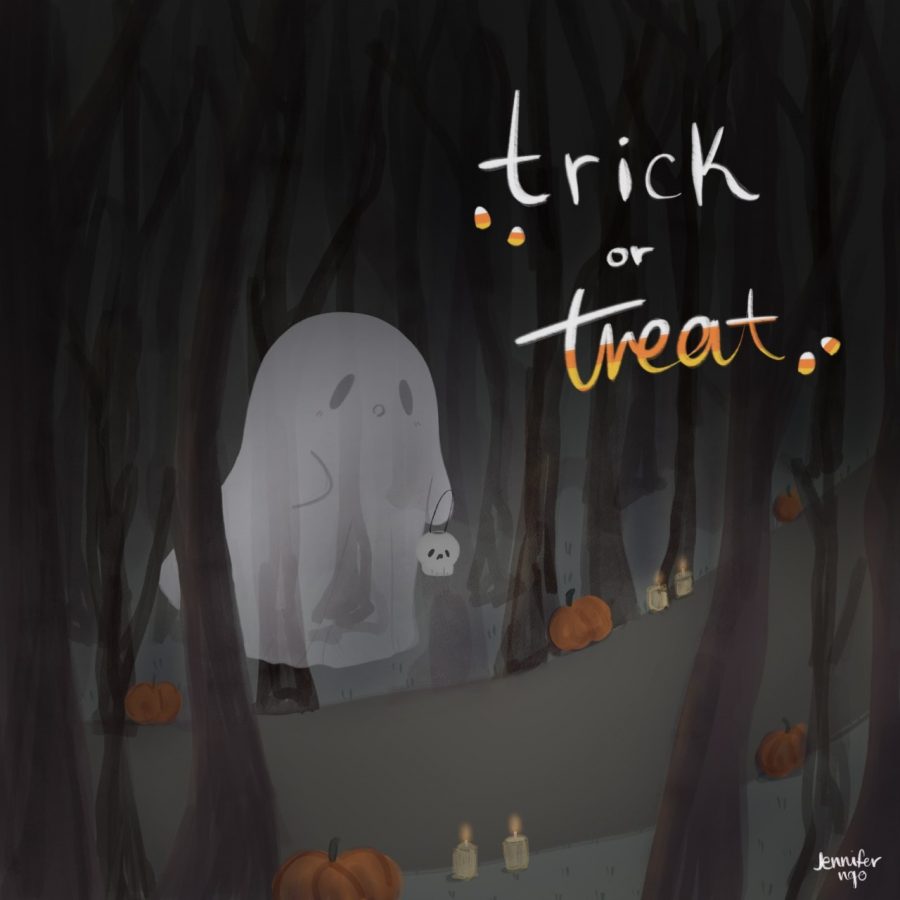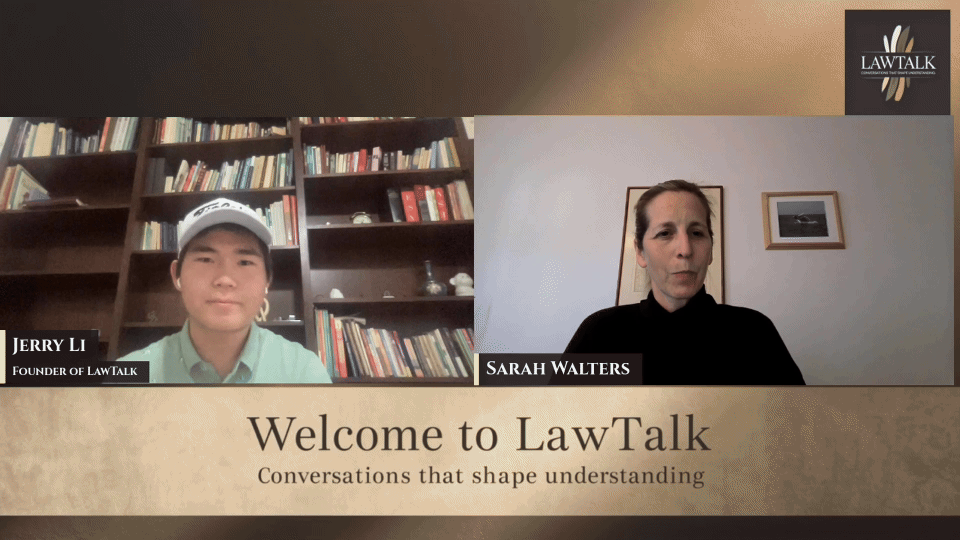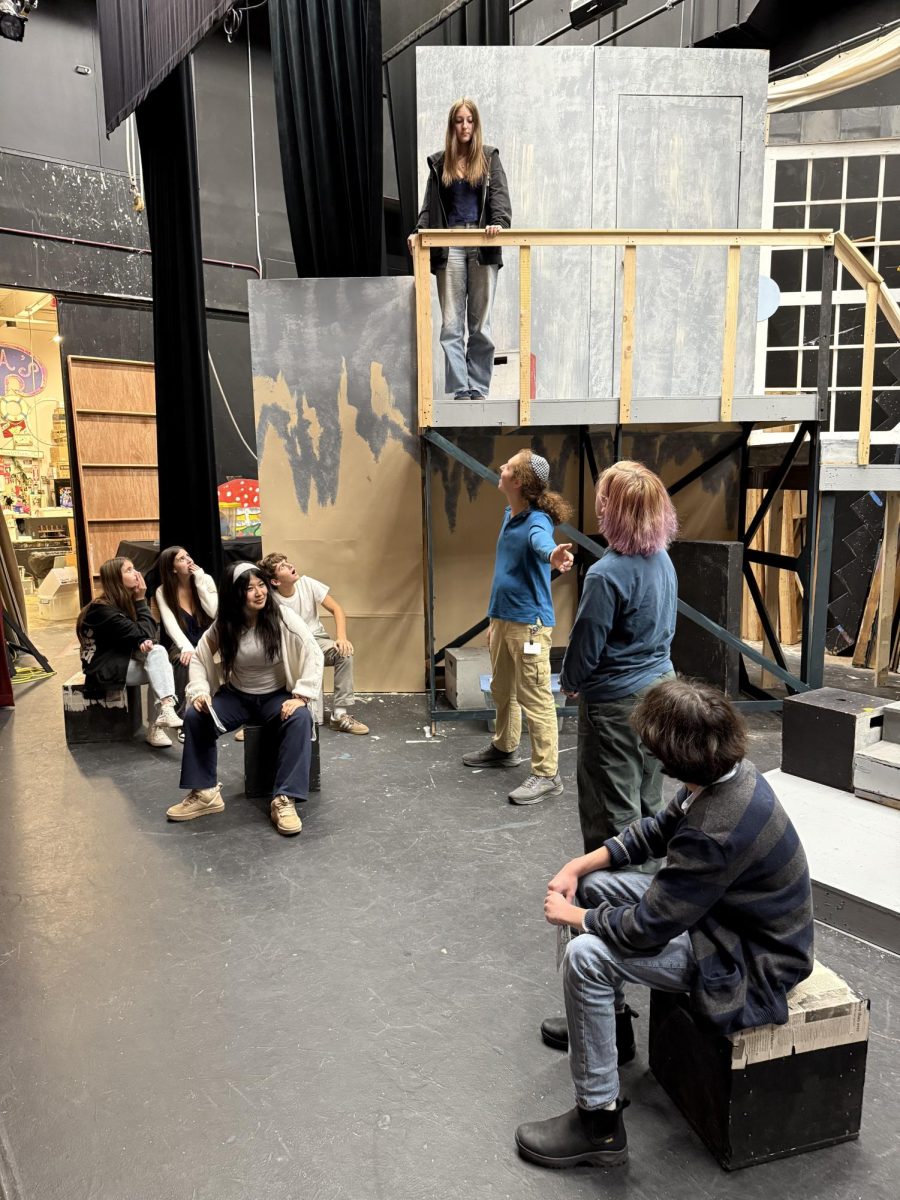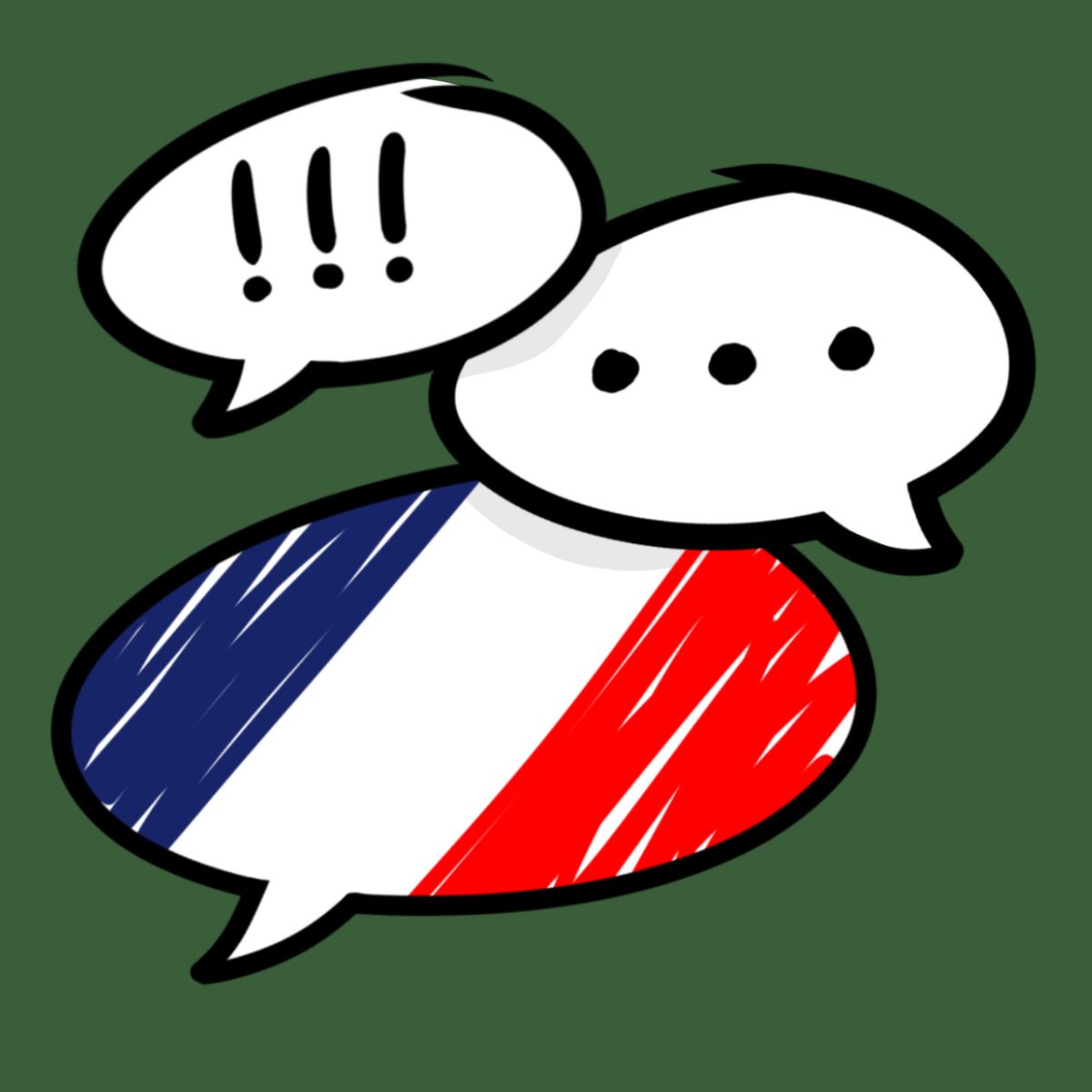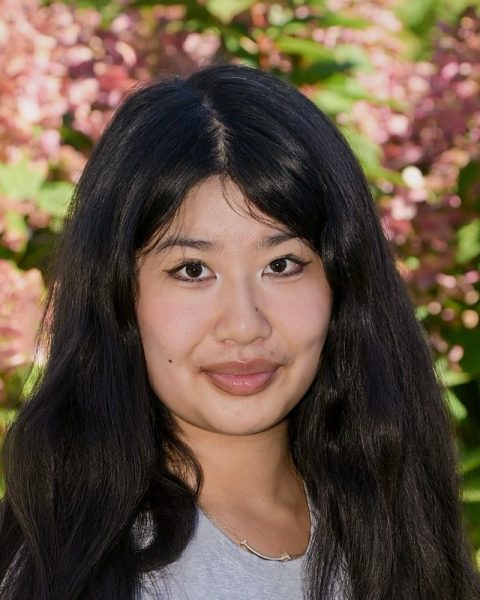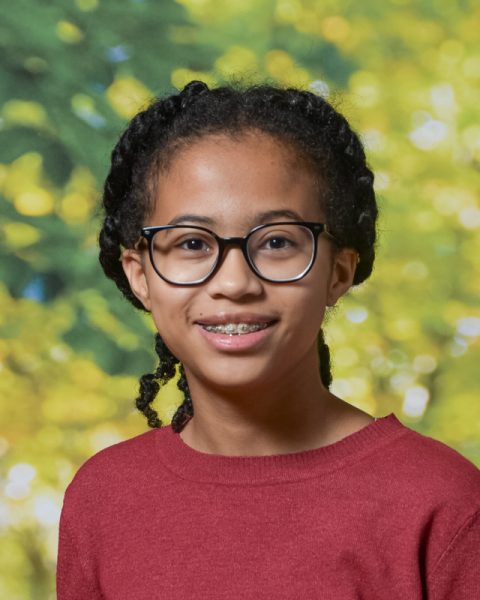I grew up in a bilingual environment where Mandarin was my first language at home, and English was my second language, widely taught and used in my school.
However, despite already being exposed to two different cultures, I decided to learn French through my second language, English. This decision marked a new and transformative experience for me.
At the beginning of my freshman year here, I made a significant decision: to skip the “English as a Second Language” course and venture into French. This language had long intrigued me and seemed quite mysterious.
Under the guidance of Diana Scharrer, I began with the basics of French, learning the alphabet and elementary vocabulary, including numbers and colors. The class was enjoyable, and I quickly became familiar with the language.
However, I also encountered obstacles just as swiftly.
Despite my fluency in English, nearly at a native speaker level, I often find myself struggling to respond in French as swiftly as others. Through in-class activities like French Jeopardy!, I have learned to mentally translate the vocabulary through English or Mandarin before associating it with a mental image.
During my first test in French II, my mind went blank as I tried to recall the concepts we had learned. Sitting there, facing the test in what was my second and third language, I felt quite helpless.
In moments when I struggled to remember class material, I doubted my decision, thinking, “Maybe I shouldn’t be taking up this new challenge – it’s dragging down my grades for the year.”
When teachers spoke rapidly in French, I could only grasp fragments of the language, processing the information well after the sentence had been spoken.
Upon checking my grade on Canvas after Quarter I, I felt a bit disappointed, yet I knew I couldn’t give up.
I began dedicating longer hours to listening to French videos, experimenting with captions on and slowing down the video speed, and diligently reviewing the content we covered in class every weekend.
This dedicated effort led to a noticeable improvement in my French reading and speaking skills.
My brain started processing the language much more rapidly than before.
However, whenever I mention that I’m learning French, I invariably encounter those who question my choice: “Why bother taking a third language, especially one taught in a language that’s not native to you?”
They often add, “Why choose French, known to be a challenging language to learn, and less commonly spoken in the U.S. compared to Spanish?”
Learning to be fluent in another language isn’t just about coping with a challenge academically. It gives you so much more.
So I ask myself: Why should I learn French? What is my ultimate goal in learning it? My answer lies in the desire to perceive the world more deeply. The more I understand the world, the more I understand myself, leading to a sense of inner peace.
This journey brings me happiness, both fleeting and enduring. I feel a sense of pride whenever I conquer a difficult word and a native French speaker understands me, especially when I grasp the nuances and puns in French writing without needing a dictionary.
But these are just a few of the moments I cherish in my journey of learning French. French class has opened a window to three distinct cultures simultaneously—Chinese, American, and French.
The differences in schooling systems, metric measurements, food, and cuisines are unique and special in their ways. Whenever the class delves into the cultural section of the textbook, I find myself immersed in not just one culture, but in all three.
This immersion offers me a variety of perspectives. By viewing the world through these diverse lenses, I find a joyful sense of peace.
When we covered the stages of schooling in France, I immediately drew parallels with the systems in China and the U.S. Each country has similar college entrance exams, but the names and choices of core classes and electives in high school are vastly different. French class has become the time when I feel most connected to the world, truly embodying my role as a global citizen.
James Yu ‘24, who is also learning French as his third language, concurs.
“Studying French opens me up to different people of the world,” Yu says. “I make connections with them that wouldn’t have been possible without learning the language.”
As Descartes famously questioned: Is there anything that evil spirits can never deceive us about? The answer lies in the fact that “I am thinking”. Even if it feels surreal, I am genuinely experiencing and thinking. Thus, as he articulated, “je pense, donc je suis” – I think, therefore I am.
The process of learning to think is in itself evidence of my own existence.
When I listen to French and deconstruct the vocabulary, when my brain races to translate these words back to English and Mandarin, and when I attempt to speak French, all these processes form a collection of sensory experiences and thoughts.
Learning a new language through a non-native tongue can indeed bring deeper happiness beyond the superficial level. It serves as a pathway to enhance our understanding of the world, our emotions, and ourselves.

